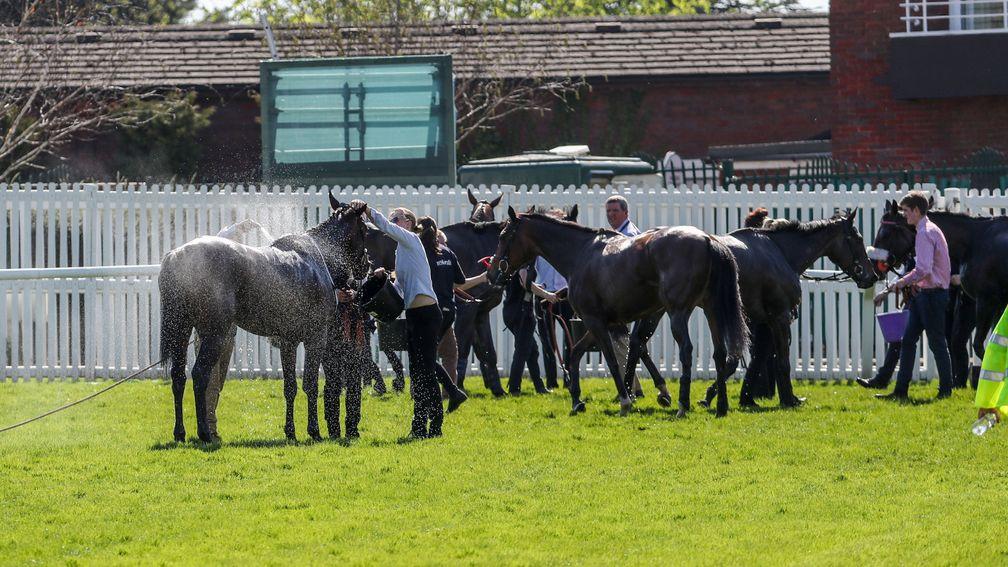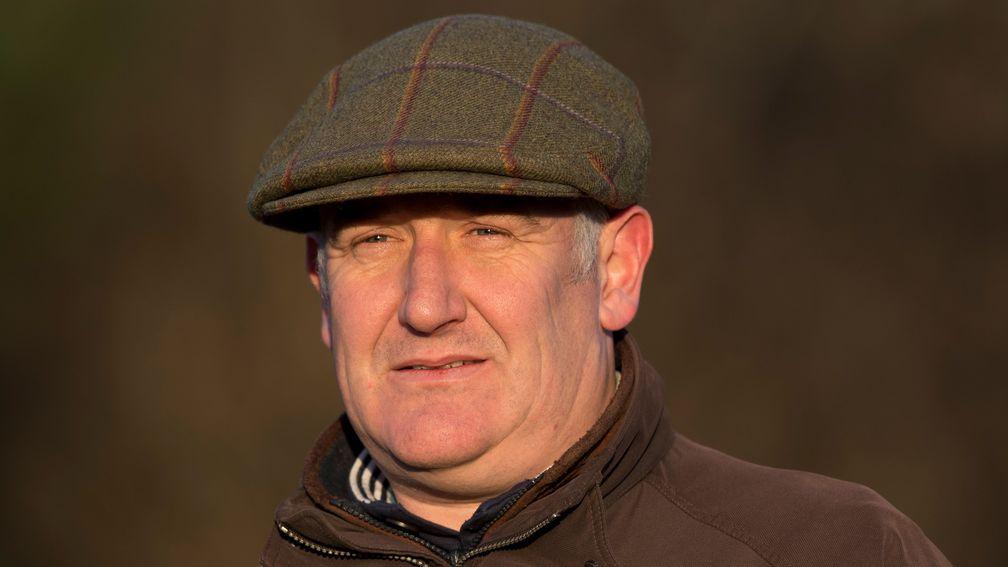A decision made by fear of supplying fodder to those unsympathetic to racing

Horse welfare is paramount, but Cheltenham's decision to abandon Thursday's 3m2f mares' chase on the grounds of heat-related risks to the runners, while not unprecedented, raises some ticklish issues and potentially contentious consequences.
In a July heatwave back in 2009 Worcester was abandoned after one race when two runners collapsed owing to heat exhaustion. The temperature in the racecourse stables that afternoon was 32 degrees.
At Cheltenham on Thursday it reached 25 degrees and the stewards asked the course's veterinary team for guidance. Three horses had already been treated for heat stress earlier in the afternoon and veterinary opinion was that following a race over three and a quarter miles all the runners could require treatment.
After the opener Richard Johnson's mount Dame Rose collapsed and died. But the fatality may have had nothing to do with the temperature and the mare is being sent for a post-mortem.
The action of the stewards split opinion among the trainers on course and will provide fodder for a furore or two over a pint in the Rising Sun.
Thursday's temperatures were exceptional for April but we could obviously have had similar hot and sunny conditions at Aintree last Saturday. Would Aintree have dared run the endlessly scrutinised Grand National in 25-degree heat?
If Cheltenham's decision is any guide the answer has to be no. It would be a risk too far.
On course both Johnson and Dan Skelton suggested the distress suffered by horses was exacerbated by the speed of change between cold and miserable weather to something you would expect on a Greek island.
There has been no chance for the horses to acclimatise to warmer weather. It was out of the fridge and into the frying pan.

Some members of the old guard will regard the Cheltenham decision as being a fraction feeble and the likes of Donald McCain, Charlie Mann and Fergal O'Brien were critical.
But perhaps above all other courses, the decisions made at Cheltenham and Aintree are dictated – not merely guided – by fear of any grisly incident that could be food and drink for unsympathetic sections of the media and those who loathe racing per se.
Policy at racing's highest level is now an exercise in disaster avoidance, although trying to tame and domesticate one of the riskiest sports in the world is some high-wire act.
Racing erred on the safe side at Cheltenham yesterday. We can expect more of the same.
Members can read the latest exclusive interviews, news analysis and comment available from 6pm daily on racingpost.com
Published on inNews
Last updated
- Join Racing Post Members' Club for the very best in racing journalism - including Patrick Mullins' unmissable trip to see Gordon Elliott
- Join the same team as Ryan Moore, Harry Cobden and other top jockeys with 50% off Racing Post Members' Club
- Racing Post Members' Club: 50% off your first three months
- 'It’s really exciting we can connect Wentworth's story to Stubbs' - last chance to catch master painter's homecoming
- The jumps season is getting into full swing - and now is the perfect time to join Racing Post Members' Club with 50% off
- Join Racing Post Members' Club for the very best in racing journalism - including Patrick Mullins' unmissable trip to see Gordon Elliott
- Join the same team as Ryan Moore, Harry Cobden and other top jockeys with 50% off Racing Post Members' Club
- Racing Post Members' Club: 50% off your first three months
- 'It’s really exciting we can connect Wentworth's story to Stubbs' - last chance to catch master painter's homecoming
- The jumps season is getting into full swing - and now is the perfect time to join Racing Post Members' Club with 50% off